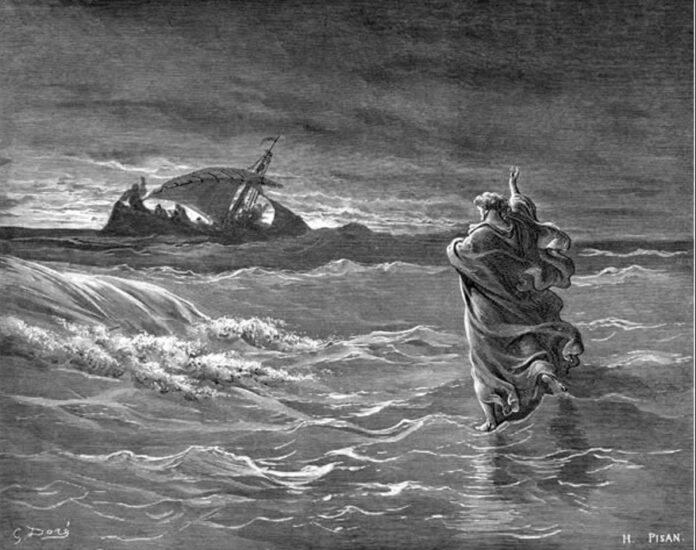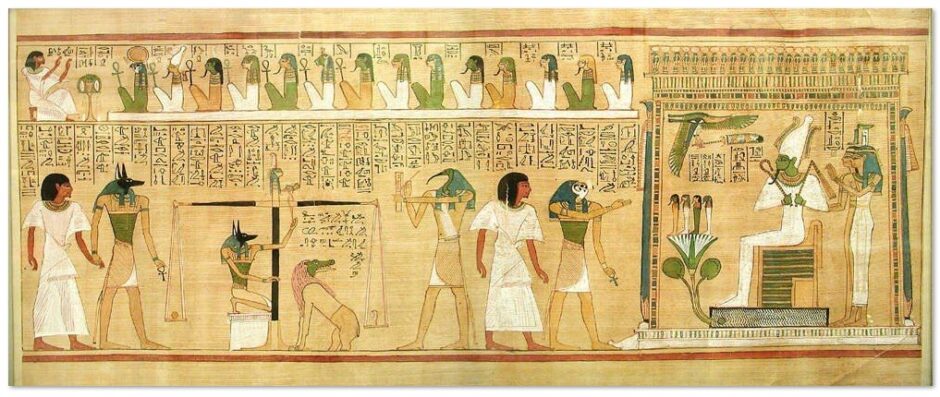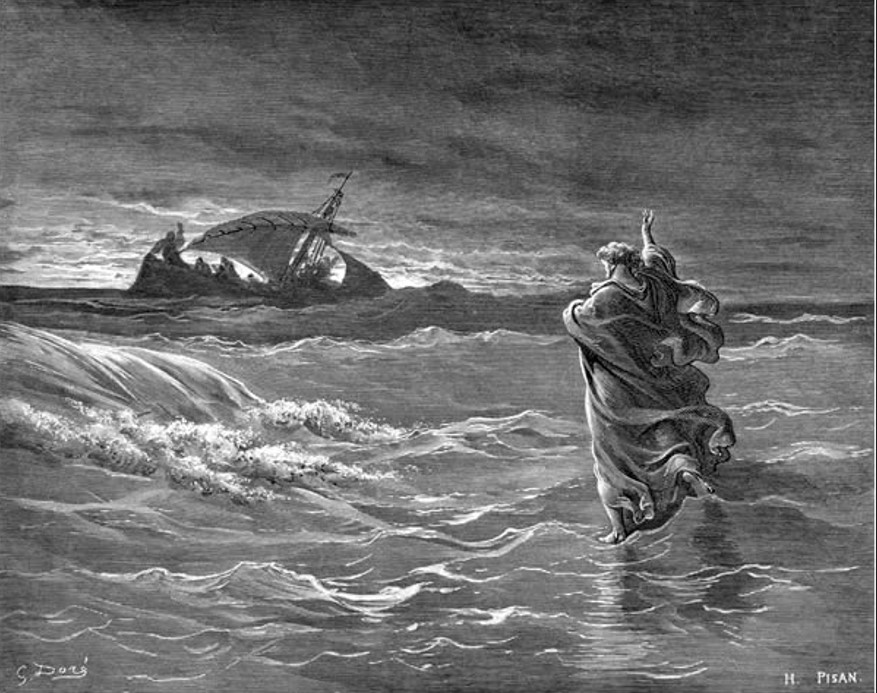I was alone in my kitchen late one night, when I heard a noise nearby. It sounded like a woman’s voice—a long groan, laden with fatigue and pain. I didn’t hear it again, all the time I lived in that house.
Of course, I could have imagined it. But there are many people who hear, see and feel inexplicable things. Are they all deluded?
Perhaps the most common name we give to these phenomena is ‘ghosts’. And perhaps the most common explanation we hear is that ghosts are spirits of dead people, haunting the world of the living. It’s a very old belief that goes back at least to the ancient Egyptians, but we can discard it with confidence.
Death is the end of life and consciousness: ‘The living know that they will die, but the dead know nothing, and they have no more reward, for the memory of them is forgotten. Their love and their hate and their envy have already perished, and for ever they have no more share in all that is done under the sun’ (Ecclesiastes 9:5–6).
When someone dies they don’t pass over to another level of existence. They are ‘asleep’: ‘Consider and answer me, O Lord my God; light up my eyes, lest I sleep the sleep of death’ (Psalm 13:3). Some will awake at the return of Christ: ‘For since we believe that Jesus died and rose again, even so, through Jesus, God will bring with him those who have fallen asleep’ (1 Thessalonians 4:14).
There is no ‘realm of the dead’, and no way that dead people can interfere with the living. So what’s the explanation for the ‘ghost’ phenomenon?
Rational Explanations
Probably the most common factor is that the human mind is amazingly creative. Under certain conditions it’s capable of seeing, hearing and feeling things that aren’t there. These conditions include mental and emotional stress; the effect of substances that may have been deliberately or accidentally eaten, drunk or inhaled; and even exposure to infrasound and vibrations.
There may also be external factors. The universe is a strange place, in which inexplicable things happen. There are scientists on the fringe of respectability who speculate that paranormal events could be the result of echoes in time of past events, or projections through space of current events, perhaps by means of disturbances in electromagnetic fields. (It sounds bizarre—but there was a time when no one knew about electricity or radio waves, nonetheless they existed.)
Ghosts in the Bible
Actually the Bible does mention ghosts, on two occasions. The first is in a prophecy of the destruction of Jerusalem:
You will be brought low; from the earth you shall speak, and from the dust your speech will be bowed down; your voice shall come from the ground like the voice of a ghost, and from the dust your speech shall whisper (Isaiah 29:4).
The Hebrew word translated ‘ghost’ is elsewhere translated ‘medium’—it’s the word used for those who claimed to communicate with the dead. The word is “ove” and the sound of it conveys the idea of the medium’s mumbling.
The other occurrence is when the disciples saw Christ walking towards them in a gale at sea in the middle of the night: ‘When the disciples saw him walking on the sea, they were terrified, and said, “It is a ghost!” and they cried out in fear’ (Matthew 14:26).
That’s the Greek word ‘phantasma’, and it means ‘apparition’ or ‘spectre’. Evidently ghosts were part of the superstition of the day, and that was their first thought when they saw something that was completely beyond their experience.
After Christ was risen from the dead he appeared to his disciples on a number of occasions. On one occasion they evidently thought he was a ghost, although the text uses a different word: As they were talking about these things, Jesus himself stood among them, and said to them, “Peace to you!” But they were startled and frightened and thought they saw a spirit. And he said to them, “Why are you troubled, and why do doubts arise in your hearts? See my hands and my feet, that it is I myself. Touch me, and see. For a spirit does not have flesh and bones as you see that I have” (Luke 24:36–39).
The Lord was probably responding to their idea that he was a ghost. That does not mean he believed in ghosts. He was not averse to using the ideas of the day in his teaching: he spoke of (and to) demons, the non-existent Canaanite gods to whom ailments were attributed (1 Corinthians 8:4, 10:20), and he spoke of Beelzebul, the ancient Philistine fertility god who had been absorbed into Jewish theology: ‘If I cast out demons by Beelzebul, by whom do your sons cast them out? Therefore they will be your judges. But if it is by the finger of God that I cast out demons, then the kingdom of God has come upon you (Luke 11:19–20).
The Bible is clear: we don’t need to fear ghosts or any other superstitions. But that’s not to say that supernatural spirits don’t exist—of course they do. This is how the Bible describes angels: ‘Are they not all ministering spirits sent out to serve for the sake of those who are to inherit salvation?’ (Hebrews 1:14). The supernatural force at work in the world is God, and He is on our side.
Chris Parkin




